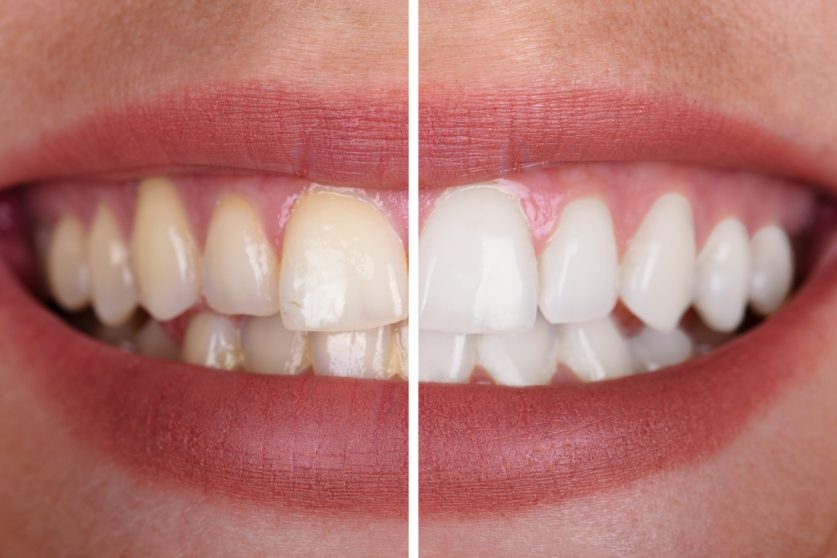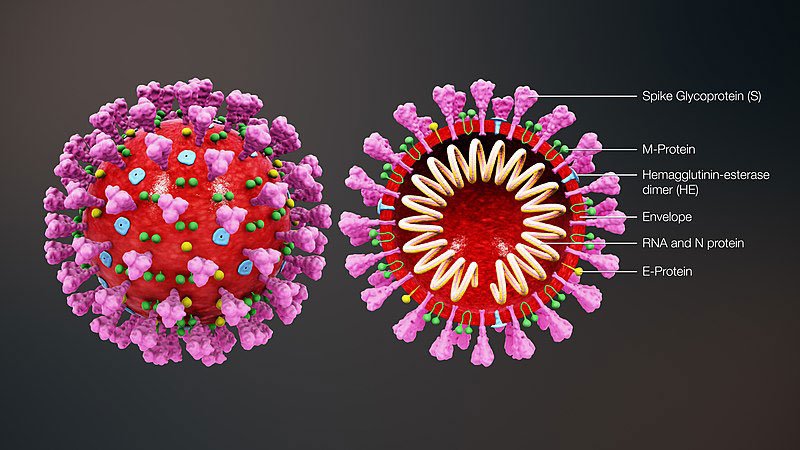Once bacteria enter the roots of teeth, it can result in a pus buildup. An infection is an abscessed tooth, also known as a periapical abscess. These
tooth infection symptoms do not go away, so visit your dentist if you suspect you have one. If left untreated, it can extend to your jaw and other head and neck parts.
A pus abscess, also known as a tooth abscess, is a pus-filled pocket in a tooth. A bacterial infection causes pus, a thick, flowing white or yellow-white liquid. This article also mentioned every ounce of productive information about tooth abscess treatment, so read till the end.
How do to detect tooth infection has spread to the jaw?
Symptoms of tooth infection spread to the body if left untreated for a long time. If you are suffering from a tooth infection, it is crucial to understand the tooth infection symptoms spreading in the jaw. Here are some signs:
- Unbearable Toothache
- Food sensitivity to warmth and cold.
- Swallowing difficulties.
- Biting down causes pain.
- Serious Fever.
- Lymph nodes around the neck or jaw (swollen and painful)
- Swollen Face
How long can a tooth infection leave untreated?
Experts suggest that an untreated tooth abscess can sustain a maximum duration of 12 months or more. But, the longevity of tooth infection is connected with dangerous complications such as sepsis or even death. Make sure to schedule your appointment with a dentist today and get the treatment on time.
Can a tooth infection go on its own?
Studies have shown tooth infections will not go away on their own. If a disease kills the pulp inside your tooth, your pain will completely disappear. Individuals may not be able to feel the pain because the nerve is no longer functioning. On the other hand, the bacteria will keep spreading and killing tissue in the surrounding area.
What are the treatments to treat tooth infection?
The
tooth infection treatment goal is to eliminate the infection. For elimination, your dentist will perform mentioned below steps such:
1. Drain abscess by opening it up (incising):
Your surgeon will make a tiny cut into the abscess to drain the pus, then clean the region with salt (saline). Your dentist will use a small rubber drain to keep the area open for drainage until the swelling decreases.
2. Undergo a root canal procedure:
A root canal procedure will help in the removal of the infection and the preservation of your tooth. Drilling down into your tooth, removing the sick central tissue (pulp), and draining the abscess are all part of the procedure. A crown may be placed on the tooth to strengthen it, especially a back tooth. If you take excellent care of your restored tooth, it can last a lifetime.
3. Tooth extraction:
If your teeth are damaged, your dentist will extract them and drain the abscess to clear the infection.
4. Antibiotics prescription:
Antibiotics are not essential if the infection is located in the abscessed area. However, if the condition has progressed to the surrounding teeth, jaw, or other regions, your dentist will probably prescribe medication to prevent the illness from spreading further. If your immune system is compromised, they may prescribe antibiotics.
Takeaway!
We hope you liked this article and now you have vast knowledge about the different types of treatment available for tooth infection. If you suffer from other dental irregularities such as tooth filling, fell out, cavities, and gum disease, it is essential to visit an emergency dentist open 24 hours near me.








































